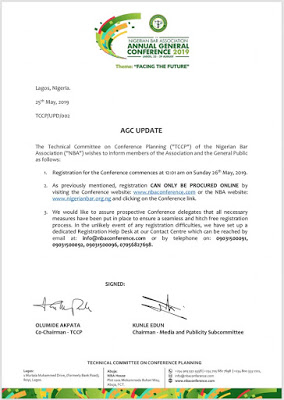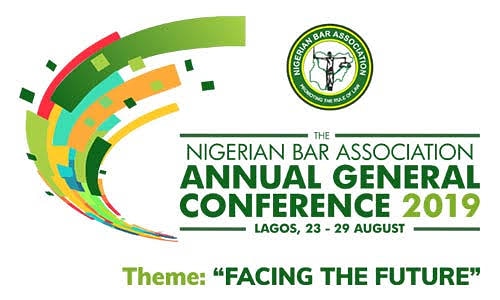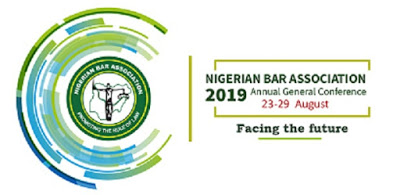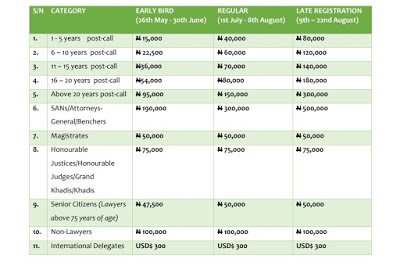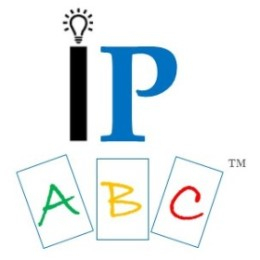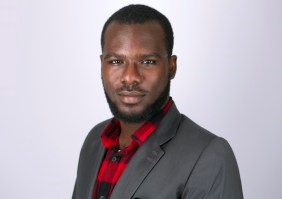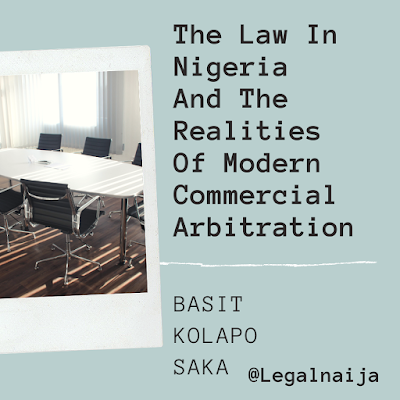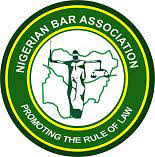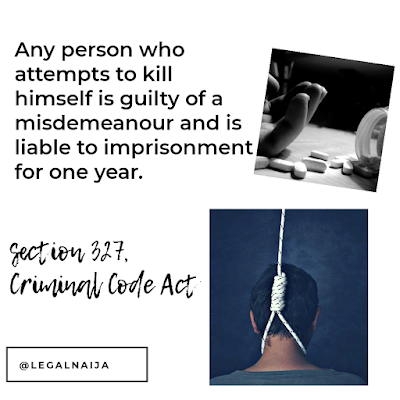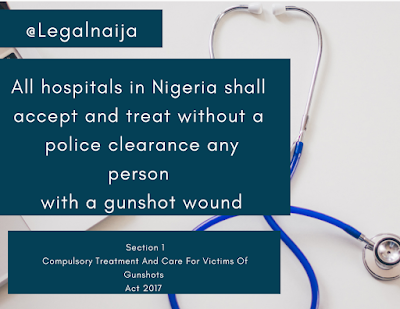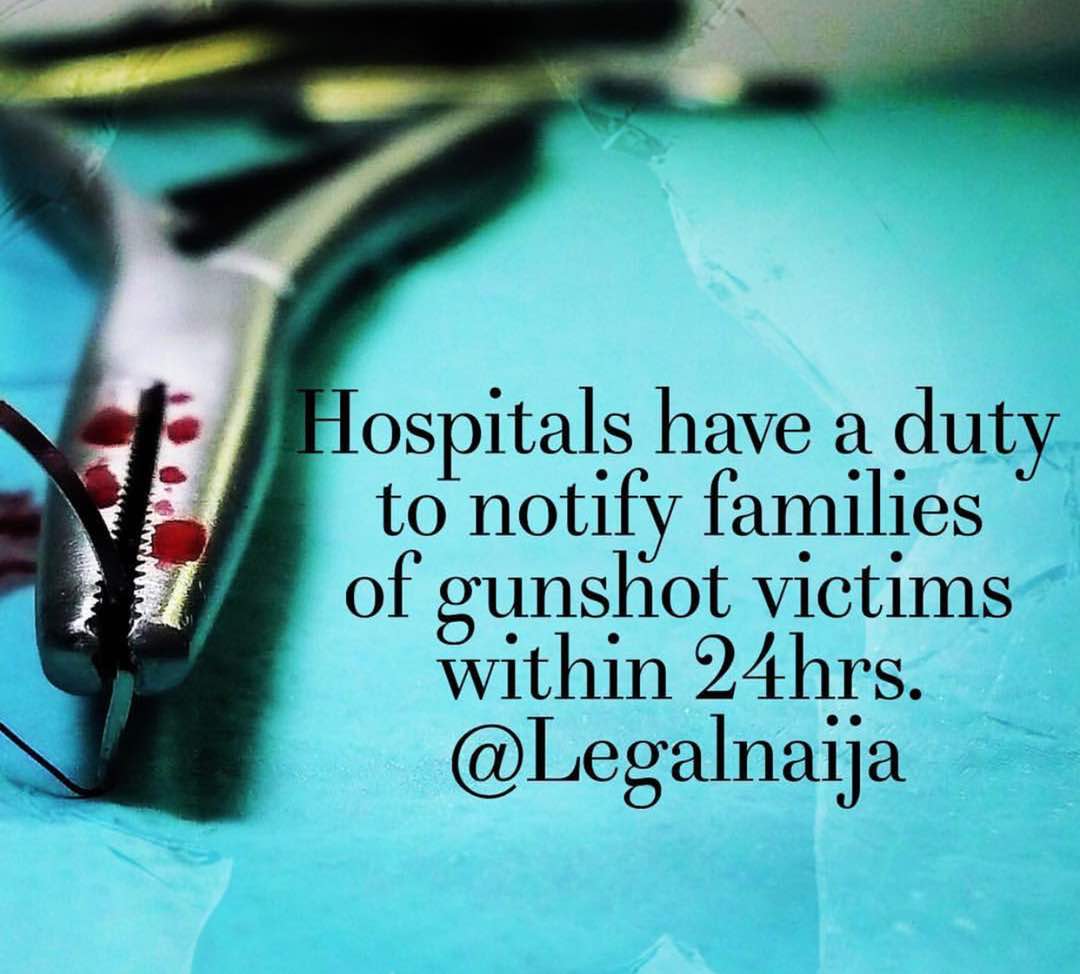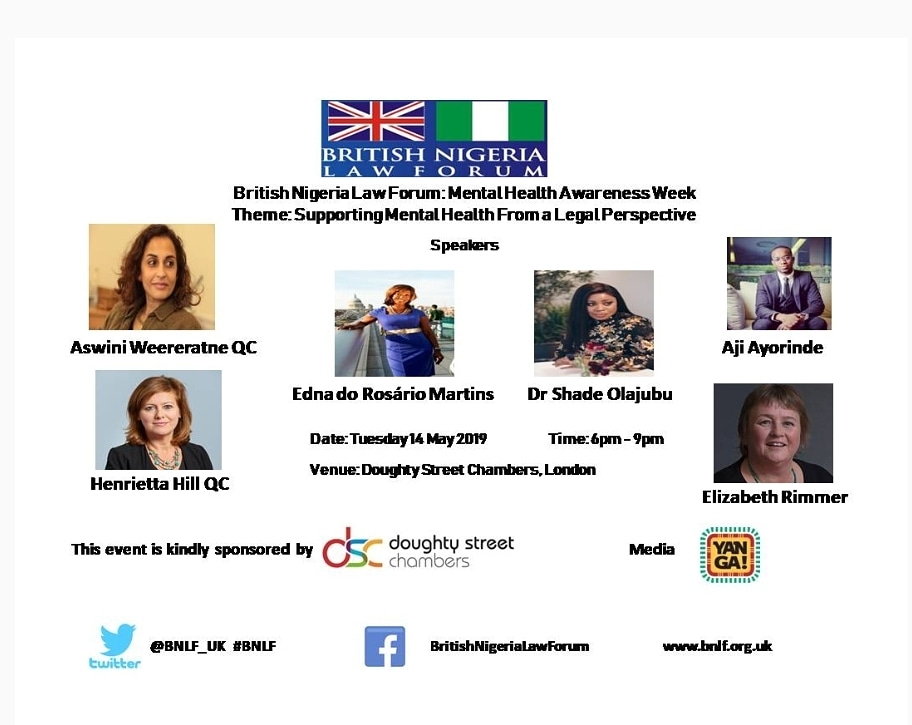INTRODUCTION
As the
world continues to integrate, business and economic transactions have become
more. This is not to say that countries and states have to loosen their grip on
their sovereignty, NO, rather countries have to be ready to accommodate others if
the world is really going to be one big, prosperous village. International
trade naturally comes with disputes, as such laws and lawyers need to be very
flexible to accommodate this reality.
Arbitration
as a method of resolving commercial disputes is on the raise, and Nigeria is a
very important part of this. In 2018 it was reported that, The International
Court of Arbitration will launch an African Commission “to co-ordinate its
growth and activity in Africa, as part of the arbitral institution’s drive to
expand its use worldwide”[i].
The members of this commission include Funke Adekoya, Babatunde Ajibade, and
Dorothy Udeme Ufot to mention a few. Nigeria has more members in this
commission, than any other country. This goes to show how influential our
Arbitrators are on the Continent and in the World.
THE
ISSUE
While we
are working on making our Arbitral institutions much more viable and conducive
for international commercial arbitration, it is important that we review our
laws to accommodate more positive and business smart ideas. The Legal
Practitioners Act (“LPA”), as amended in 2014 is one of such laws.
In
defining who a legal practitioner is in Nigeria, the LPA gave a rather
restrictive definition. Thus, Section 2(1) of the LPA provides that:
“Subject
to the provisions of this Act, a person shall be entitled to practice as a
barrister and solicitor if, and only if, his name is on the roll.”
Section
24 of the Act, further defines “legal practitioner” as:
“a
person entitled in accordance with the provisions of this Act to practise as a
barrister or as a barrister and solicitor, either generally or for the purposes
of any particular office or proceedings”
In
context, “on the roll” would mean the roll in Nigeria. The Supreme Court in
Okafor v. Nweke[ii]
per Onnoghen, JSC, said of the meaning of legal practitioner at page 531 as
follows:
“From
the above provision, it is clear that the person who is entitled to practice as
a legal practitioner must have had his name on the roll…For a person to be
qualified to practice as a legal practitioner he must have his name in the roll
otherwise he cannot engage in any form of legal practice in Nigeria.”
Which
means that once your name is not on the roll in Nigeria, you cannot practice as
a legal practitioner in Nigeria. What then happens to the voluntariness to
choose who represents a person in an arbitral tribunal? especially where commercial
and investments issues are to be determined and expatriates decide to use
expatriates as their arbitrators? Bearing in mind that Article 4 of the
Arbitration Rules of the Arbitration
and Conciliation Act (“ACA”)[iii]
already provides that:
“The
parties may be represented or assisted by legal practitioners of their choice….”
This
provision is not at par with the provisions of the LPA. The ability to choose
is what makes arbitration special. Parties should be able to choose their respective
counsel voluntarily, they should be able to choose the laws that would govern
their disputes resolutions, they should be able to choose their seat of
arbitration and also to what extent local courts can intervene in their
agreements.
THE
ESCAPE PLAN
A
collective read of relevant laws, however, can allay the fears of foreign
investors. Section 57(2) of the Arbitration and Conciliation Act provides for
circumstances in which an arbitration in Nigeria will be considered to be
international. Paragraph (d) is one of them:
“(2)
An arbitration is international if –(d) the parties, despite the nature of the
contract, expressly agree that any dispute arising from the commercial
transaction shall be treated as an international arbitration.”
In determining
whether a party to an arbitration conducted under the ACA can retain a foreign
counsel to represent him in an arbitration in Nigeria or not, this section is important.
Where parties agree to conduct their arbitration under the ACA as one that is
international, The ACA in section 53 does not make the Rules mandatorily, as it
provides:
Notwithstanding
the provisions of this Act, the parties to an international commercial
agreement may agree in writing that disputes in relation to the agreement shall
be referred to arbitration in accordance with the Arbitration Rules set out in
the First Schedule to this Act, or the UNCITRAL Arbitration Rules or any other
international arbitration rule acceptable to the parties.
This
provision allows parties to incorporate the UNCITRAL Arbitration Rules or any
other Rules into their agreement as the rules applicable to the arbitration. The
2010 UNCITRAL Arbitration Rules provides in Article 5 that:
“Each party may be represented or assisted
by persons chosen by it…”
Thus,
this allow the parties to exercise liberality in the choice of counsel and
terms of agreement. Which further reiterates the beauty of arbitration and why
it is the most adopted for the resolution of conflict that arise from
commercial and investment disputes. Further buttressing the position of
Honourable Justice Nnaemeka-Agu, J.S.C in Agu v. Ikewibe[iv]:
“The
legal basis of all arbitrations is voluntary agreement. If there is a
distinct agreement to appoint an umpire to determine the difference between the
parties and other conditions are present, there is arbitration…”
CONCLUSION
Consequently,
where parties to an arbitration in Nigeria seek to be represented by foreign
counsel not caught within the definition of ‘legal practitioner’ under the
Legal Practitioners Act, the only way their aim can be achieved is for them to
agree to designate their arbitration as international, which under the ACA, can
be done by simple agreement. The parties will also need agree to the incorporation
and applicability of the arbitration rules to the arbitration and such rules
will have to go further than simply stating that a party can be represented by
a ‘legal practitioner’.
It is
important to always have a clear-cut principle and position of law. Although,
it can be argued that Section 2(2) of the LPA also serves as an escape route
since it empowers the Chief Justice of Nigeria to grant a person warrant (upon
application) to practice as a barrister for the sake of a particular
proceeding. So, where necessary, a lawyer trained in a jurisdiction with
similar laws like Nigeria’s, can apply to the CJN for a warrant to allow him
represent a client at an arbitral tribunal. The grant of such application is
exclusively at the discretion of the CJN, which of course has its effects.
Thus, it is important to amend the law to exempt arbitrators from its rigidity.
The
import of lawyers has numerous benefits, not just to the economy but also to
the standards of our arbitral institutions, laws and environment. While it is
understandable that the LPA is protecting the jobs of Nigerian-trained lawyers,
it is also shutting the doors to more economic prosperity as well as the
exchange of resources and ideas, which cannot be measured.
Basit
Kolapo Saka, Esq.
Associate,
Ayanlaja, Adesanya & Co
Kolapo
is a legal practitioner at the prestigious Ayanlaja, Adesanya & CO, Situate
in ILupeju, Lagos.
He has
keen interest in Business and Corporate Law, Commercial Arbitration and Legal
Compliance.
He
writes, and advises business start ups and SMEs.For questions or futher
clarifications: k_basyt@yahoo.com, @_Kolamposi
[ii] [2007] 10 NWLR (PT 1043) 521
[iii] Where the seat of an arbitration is in Nigeria, the Arbitration and
Conciliation Act will be the lex arbitri. Arbitration and Conciliation
Act (“ACA”) is the primary legislation in Nigeria.
[iv] (1991) 3 NWLR (PT 180.) 385 AT 417-418
